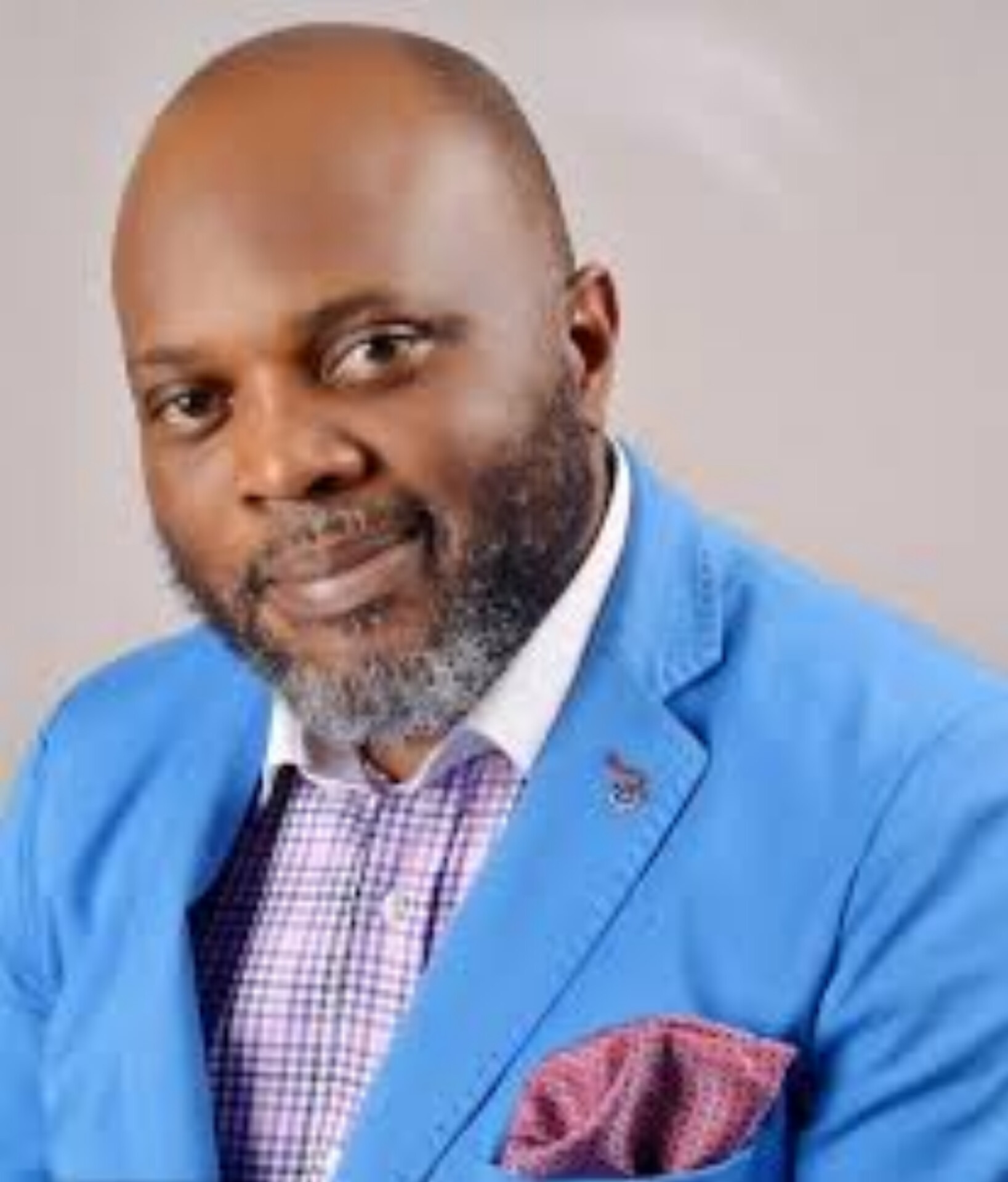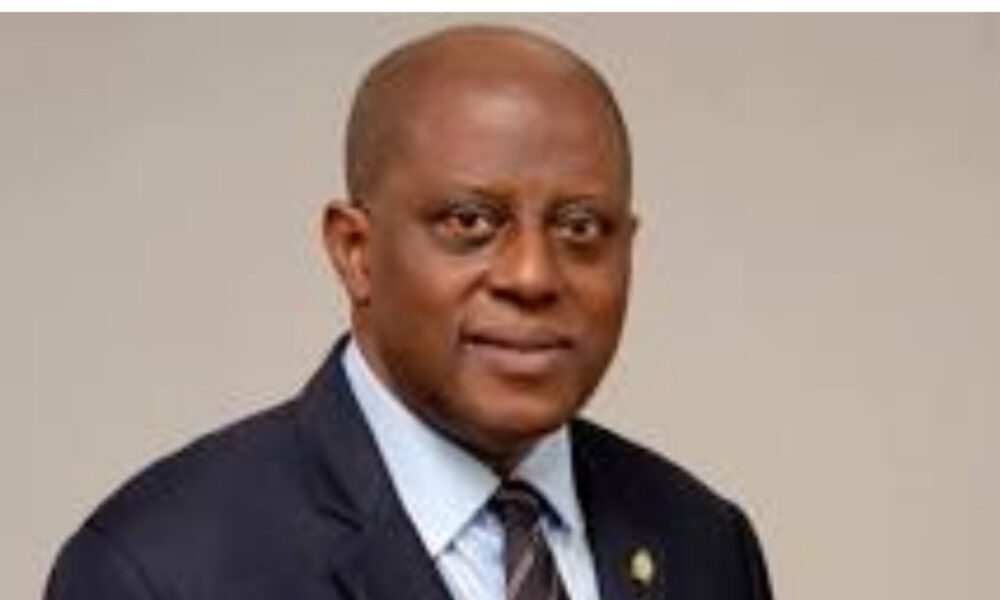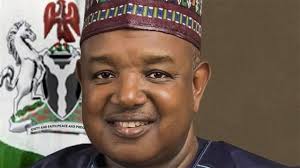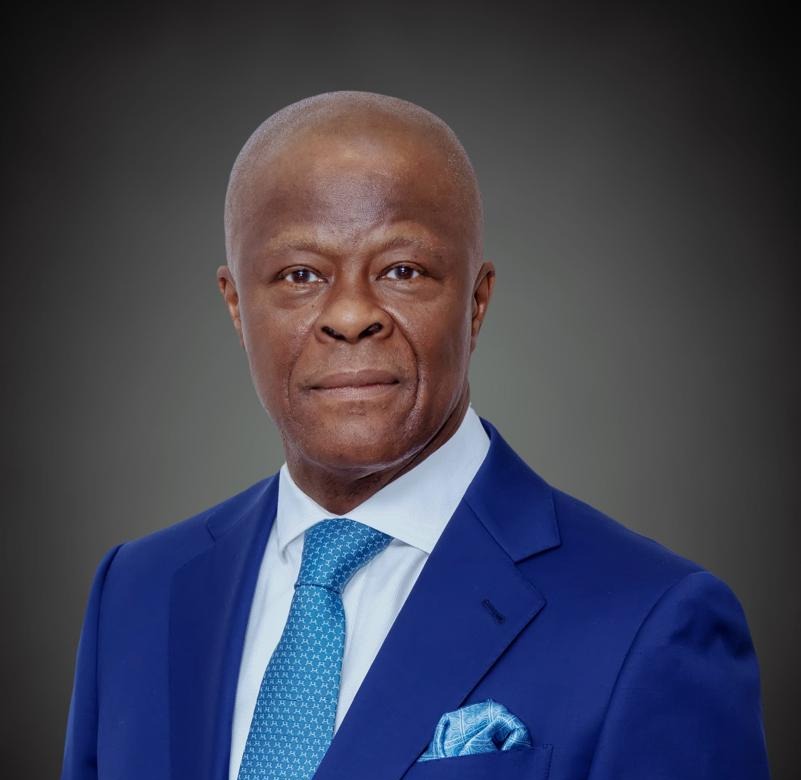The Special Adviser to the Vice President, Kashim Shettima on Economic Affairs, Tope Fasua, has indicated that Nigeria has all what is needed to overcome all of its current economic challenges given the country’s abundant human and natural resources.
Fasua spoke on Thursday at a colloquium organized in his honour to mark his 52nd birthday anniversary in Abuja.
He said all that the country needs is for it to unlock its full potentials by developing its own “home grown solutions”, and taking advantage of the limitless opportunities that abound in the country to address its needs especially in the short run.
“All I see are Opportunities for development. I do not like to see the economy from the position of its challenges. I see only opportunities and prospects. This economy has not even started yet, hopefully it will start to grow with this administration
Speaking further, he advised that while the country steps up its fight against corruption, the country must not lose sight of the need to grow its economy, pointing out that this can be better achieved by looking more inwardly instead of relying on foreign interventions.
He said Nigeria can start by ramping up production which will then attract more Foreign investment Investments and ultimately create job opportunities, rake in foreign exchange and strengthen the Naira.
Speaking to Journalists on the sidelines, Director General, Bureau of Public Service Reforms, Dasuki Arabi shared similar sentiments with Fasua on the need for government to look inward for answers to Nigeria’s economic challenges.
He noted that President Bola Tinubu had in his inaugural speech set the pace with a clear roadmap towards economic recovery and that with people like Fasua having opportunity to work closely with him, Nigeria will in no time bounce back.
“We are happy he has a place in this government, as I said it we cannot get outsiders to do it for us it has to be a home grown solution to the problem that we are facing and we have a president that is giving people the space to address the challenges and problems facing this country.
“If you look at his inaugural speech he spoke about value addition improvement in foreign exchange earnings
“Most especially that message of saying use what we produce what we eat that will reduce our demand for foreign dependency on import and we look inwards to solving our problem.”
In his goodwill message, former Director General, Nigeria Maritime Administration and Safety Agency, (NIMASA), Dakuku Peterside said the major ingredient needed to jumpstart the Nigerian economy is quality leadership which he said is embodied in the current administration.
Five books authored by Tope Fasua were also presented at the intellectual discourse with many of them providing answers to Nigeria’s economic challenges.
The event had in attendance a crème of other prominent economic experts and policy matters.




